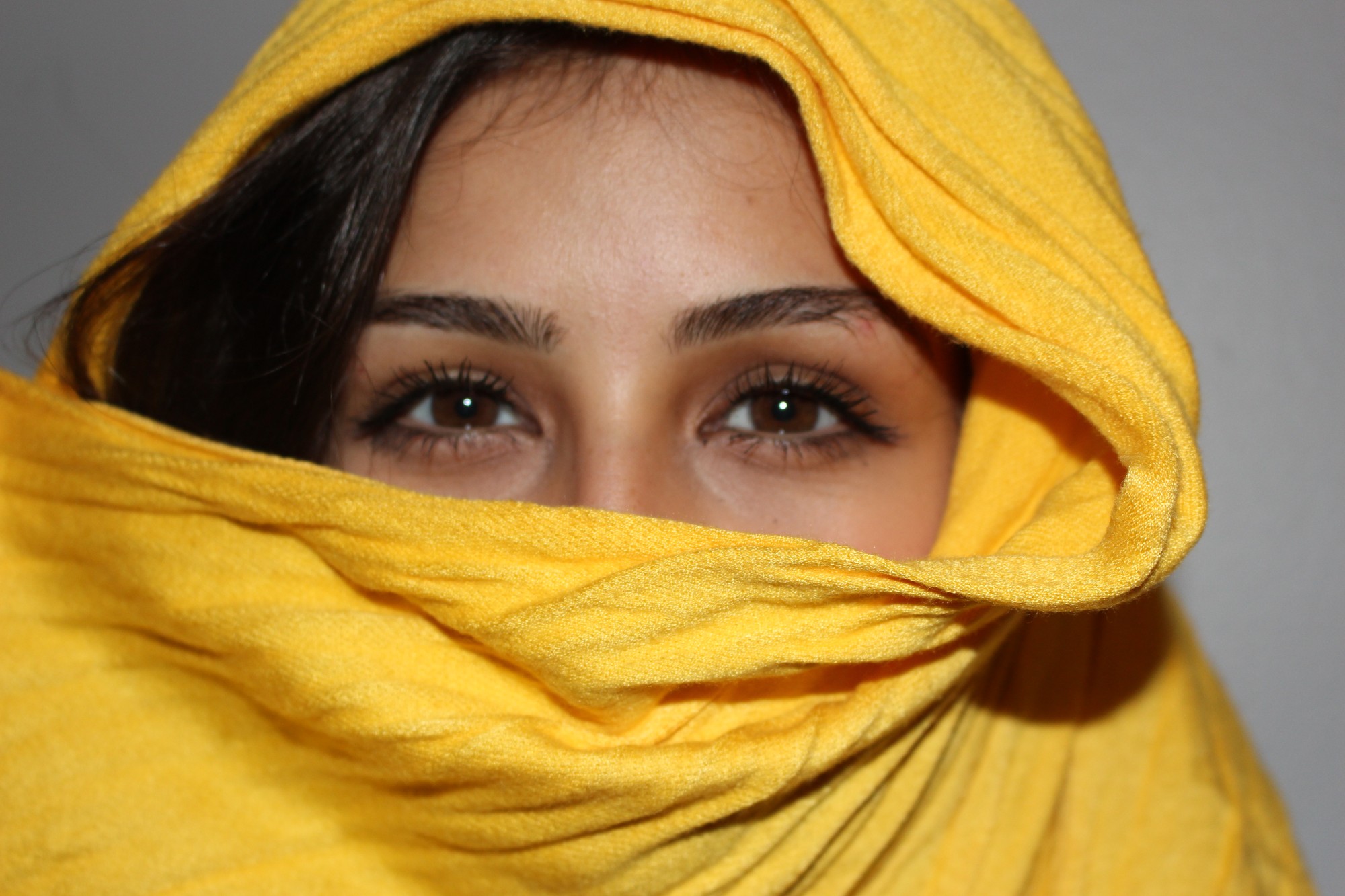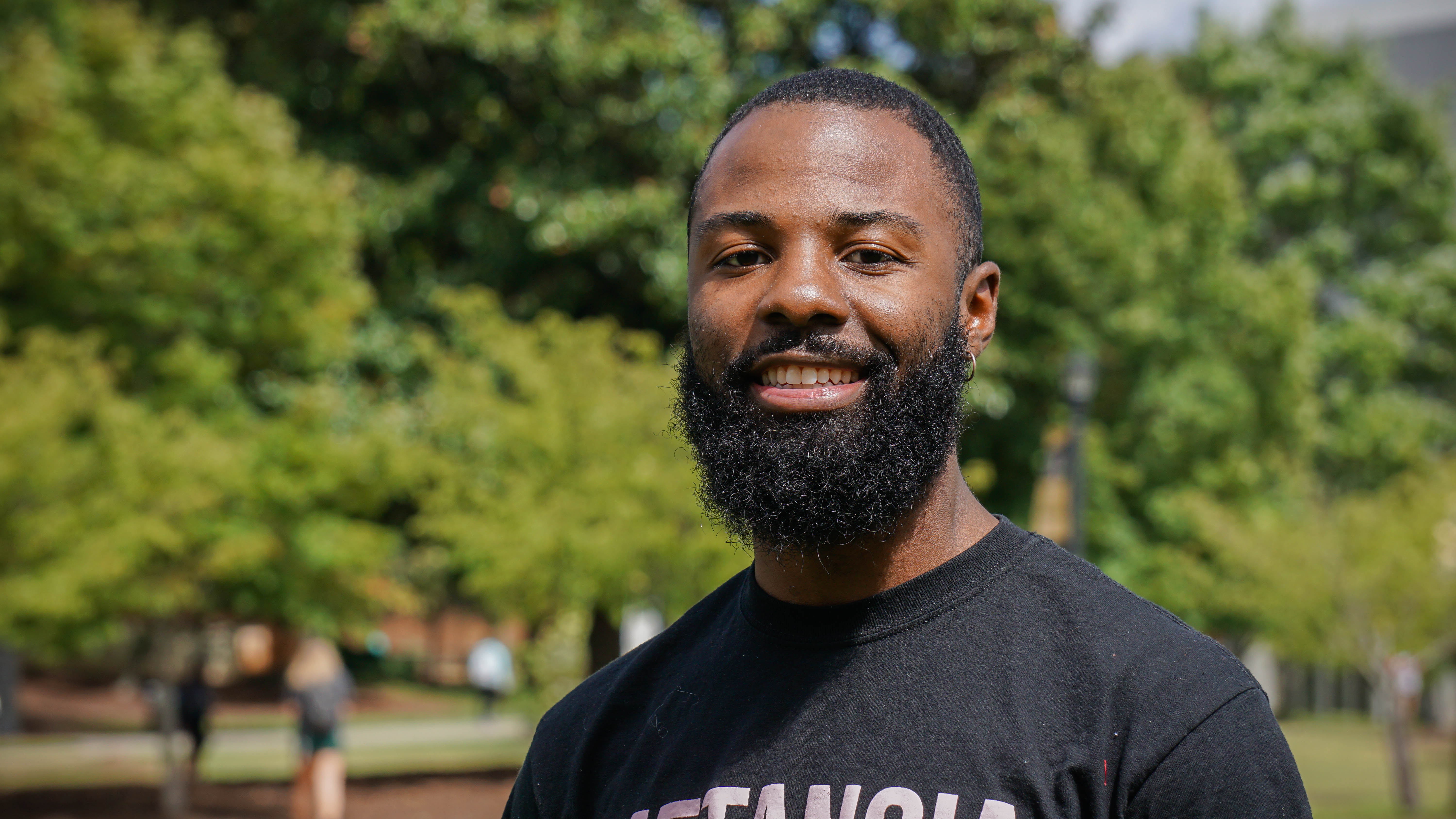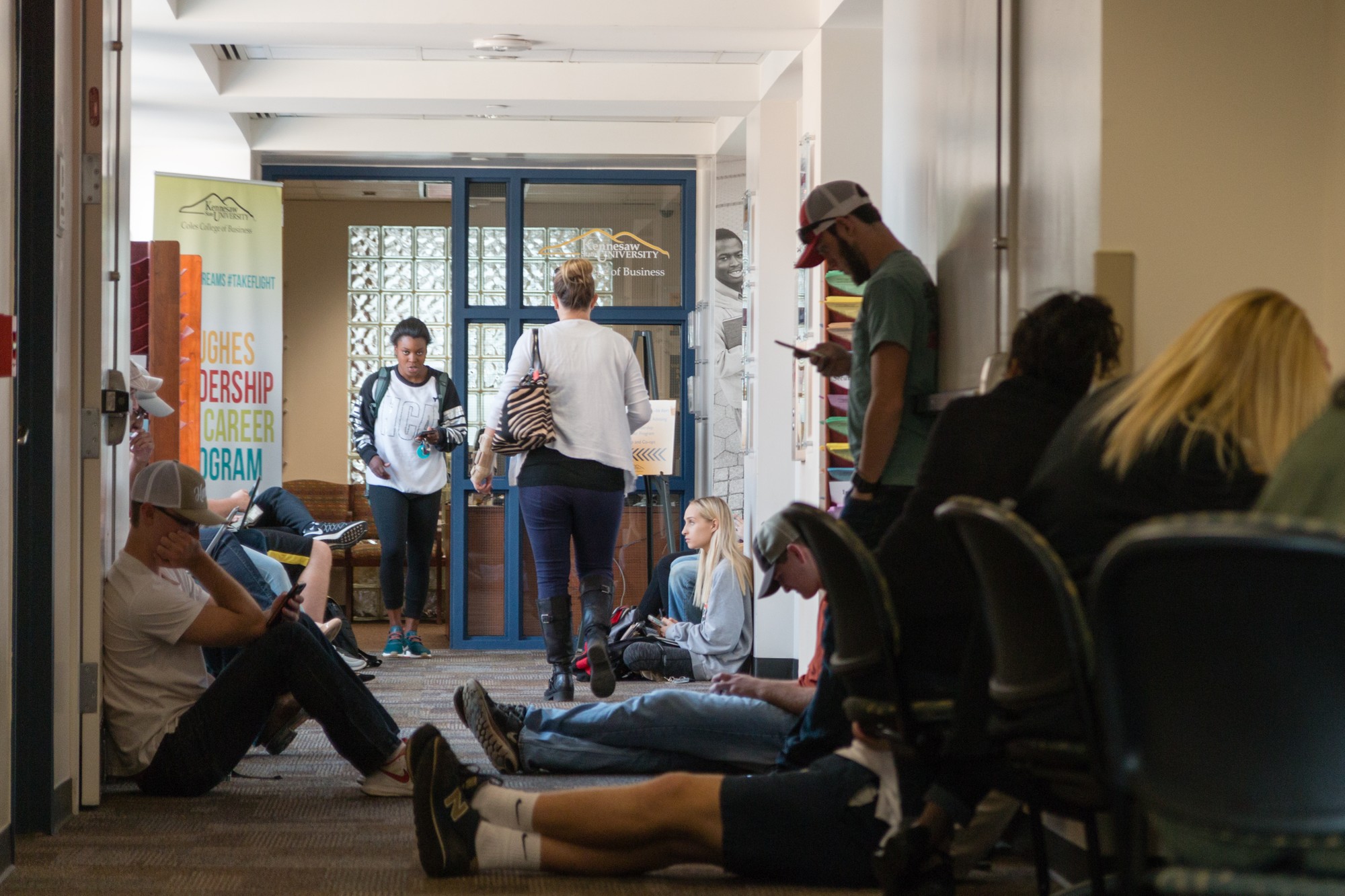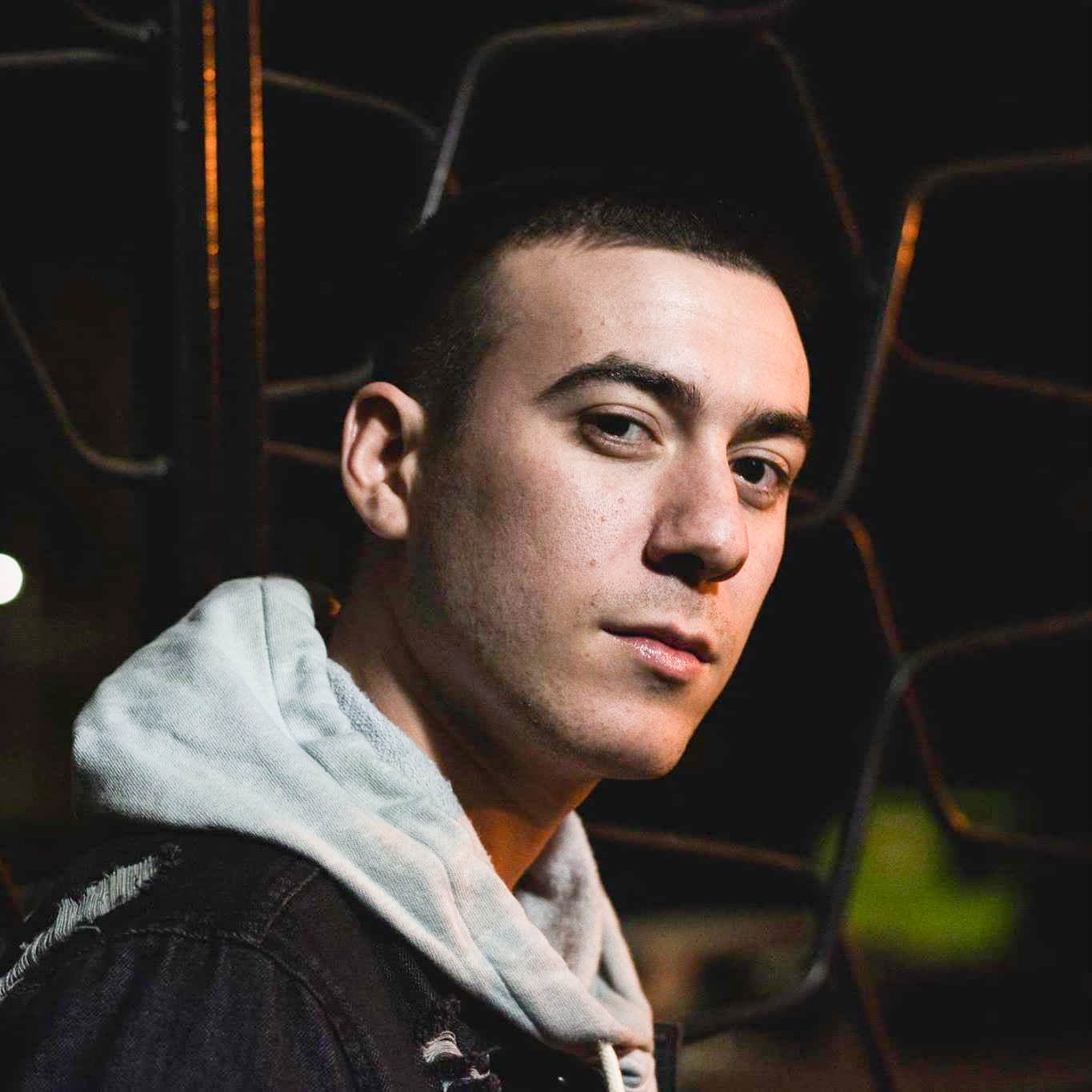In the midst of an ISIS-claimed international tragedy that occurred in Paris, France, killing at least 129 people, citizens from countries all over the world are coming together to mourn the many losses, but some are also misplacing their frustration.
Many times, because of terrorist incidents, racism towards Middle Easterners increases as they are made aware that we will always live in a post 9/11 world. Even at Kennesaw State University, Middle Easterners are feeling more subject to exclusion and hate due to actions that they mourn just as much as the average American citizen.
Hanien Ayoub, a junior at KSU majoring in marketing, has both a Saudi Arabian and Lebanese background, and is just one Middle Easterner who has experienced first-hand the type of racism that is displayed.

On a chilly Thursday morning, she sat in a fitted burgundy shirt and ripped jeans as she uncomfortably thought about all the racism she has endured throughout the years. Though her clothes are Americanized, her skin is of deep caramel and her almond shaped eyes blurt out her background.
As she sat on a large brown couch, slightly fidgeting, she recalls only a few incidents where people were blatantly racist to her, but said that the subtle racism she experiences daily is much more noteworthy than the obvious attacks.
“Sometimes people will ask me what my religion is and I will tell them I am Muslim,” Ayoub said. “They just have the dirtiest look on their face that screams ‘this girl is a terrorist’ and ‘why is she in America, she needs to go back to her country.’’’
Ayoub said experiences like this have led her to hesitate to disclose her religion and background in America.
Abdel Sharkasi, a sophomore at KSU majoring in biology has a Libyan background, and has a different approach to handling these questions.
“I’m not ashamed to say I’m Muslim,” Sharkasi said. “But if I meet someone, I try to be nice and then, towards the end, I will tell them I am Muslim, because I might be the first Muslim they meet. From there, they’ll be like ‘oh he’s Muslim, but he wasn’t that bad.’”
The most hurtful questions seem to be on the topic of ISIS, who claim their vicious attacks are in the name of Islam. Sharkasi wants Americans to know that ISIS use their religious motivation as a front for their real political agenda.
He said that nothing they do is actually for Islam or their Prophet Mohammed. Instead, they use his name to advance and conquer areas. The “hatred” in the Quran that fuels this group, Sharkasi said, is taken out of context.
“One of the most common verses that people like to pick out of the Quran is something along the lines of ‘kill them whenever you find them,’” Sharkasi said. “But this is taken out of context. In the verse above it, it explains that this is only ever to be done during wartime. In the verse below it, it goes on to say that even so, do not kill any woman or children and do not destroy the trees or nature.”
No matter his attempts to explain this, however, Sharkasi finds that is hard sometimes for people to abandon their presumptions on Islam.
Sharkasi goes on to say that the fact that the Middle Easterners are usually the victims at the hands of terrorist organizations like ISIS, not Americans or Israelis — this is another thing that does not seem to be understood.
In fact, one day before the Paris attack, a similar terrorist attack occurred in Beirut, Lebanon when a suicide bomber killed 43 people and injured 239 in the name of ISIS, according to World Mic.
The incident did not seem to make quite as big a splash in the media, leaving many uninformed of the extent that ISIS terrorizes Middle Easterners. Middle Easterners like Ayoub and Sharkasi said the media portrays it as though all Middle Easterners have the same ruthless intentions.
“If they were to talk about caucasians the way they talk about arabs, they would say that every white person is in the KKK and that’s just not true,” Ayoub said.
“When something happens, like a bombing, people immediately look at the fact that the individual is Muslim.” Sharkasi said. “Whereas, if you look at the recent shootings, the first thing they look at is the person and when more information comes out, they say ‘Oh, he happened to be Christian.’”
“It’s never ‘he’s a Christian murder,’” Sharkasi said. “It’s always ‘he’s a murderer who happens to be Christian.’ Whereas with Muslims, we’re the exception. Religion and race are always the primary factors that are looked at.”
In Sharkasi’s eyes, this will always be a reality due to the little education that Americans receive about the Middle Easterners. He has gone through his whole academic career and has barely been taught anything about the Middle Eastern culture.
“If you don’t know anything, you’re going to believe what people tell you,” Sharkasi said. “There have been a lot of Arabic scholars that contribute to math, chemistry and biology, and none of that is mentioned.”
At Kennesaw State University, some educational opportunities are available for those who are interested in learning more about the Middle East. The course, “North Africa and Middle East History” is one that educates students on the origins and history of that particular region.
Introductory language classes for Arabic and Turkish are also available, but the amount of knowledge on the Middle East itself among students does not seem be enough to protect students such as Ayoub and Sharkasi from everyday racism.
Because of this lack of knowledge and understanding, the two feel as though they have been subject to isolation at one point in their life.
“I feel like they bond on a different level because they’re actually American,” Ayoub said. “They’re the same religion. They have something to talk about. But with me, I just feel so different. I don’t share that kind of bond with them.”
Ayoub said she usually feels like she stands out when she goes to school and work, where the majority of people are not acceptant of her. She admits that because of feeling, she usually chooses to hang out with other Middle Easterners and other minorities, such as Hispanics.
“It’s just really good to know that there are people who have the same mentality as you and know where you’re coming from,” Sharkasi said. “Culturally, they are very similar. It’s kind of comforting being with that kind of group.”
In fact, Sharkasi has joined the Muslim Student Association at KSU where members embrace their similarities and spread awareness of the goodness Islam can bring. For one of its events, the organization encourages everyone to wear a hijab, the traditional head veil, to show acceptance of people who wear one everyday, out of religious reasoning.
KSU psychology professor Kathy Gildea says this type of bonding with your own ethnicity is very natural and occurs among all human beings.
“In general, people tend to choose people who are most similar to them for friendships, partnerships, etcetera,” Gildea said. “It’s kind of Darwinian, I suppose. It’s also done in the animal kingdom.
In order to better assimilate, Ayoub and Sharkasi all want Americans to know that there are good and bad people in every race. Sharkasi takes it one step further and challenges the Americans to do more research about Islam and the history of the Middle Eastern people.
“I could tell you that Muslims are peaceful all day,” Sharkasi said. “But you need to go meet Muslims and learn about them. Only when you experience it first-hand will you truly understand.”





Nonsense. Even before 9/11, there’s been no ‘lack of understanding’ on the part of non-Muslims. Islam has been doing these things for centuries. I’d rather see her
turn atheist than remain a professing Muslim.
“Sometimes people will ask me what my religion is
and I will tell them I am Muslim,” Ayoub said. “They just have the dirtiest
look on their face that screams ‘this girl is a terrorist’ and ‘why is she in
America, she needs to go back to her country.’’’
How do you know what’s going through their minds? Why would you jump to the
conclusion that they think the most horrible things about you imaginable,
rather than talk to them and ask them why they gave you a look?
“He said that nothing they do is actually
for Islam or their Prophet Mohammed. Instead, they use his name to advance and
conquer areas.”
They claim what they’re doing is explicitly Islamic. Sharkasi says they are
not. How does Sharkasi know that “nothing” they do is actually for
Islam or Muhammad? They publish magazines all the time quoting voluminously
from the Qur’an and ahadith collections that show what they are doing is
actually fundamental to Islam, according to them. Can Sharkasi cite from the
Qur’an and ahadith collections showing that they are wrong?
““One of the most common verses that people
like to pick out of the Quran is something along the lines of ‘kill them
whenever you find them,’” Sharkasi said. “But this is taken out of context. In
the verse above it, it explains that this is only ever to be done during
wartime. In the verse below it, it goes on to say that even so, do not kill any
woman or children and do not destroy the trees or nature.””
Actually, this isn’t true. Sharkasi is either ignorant of what the next verse
says, is misremembering, or is lying. I want to be fair to him, so it is likely
that he is just not remembering properly. The verse he is speaking about is
from Sura 9, verse 29.
http://www.noblequran.com/translation/surah9.html
It states: “Fight against those who (1)
believe not in Allah, (2) nor in the Last Day, (3) nor forbid that which has
been forbidden by Allah and His Messenger (4) and those who acknowledge not the
religion of truth (i.e. Islam) among the people of the Scripture (Jews and
Christians), until they pay the Jizyah with willing submission, and feel
themselves subdued.”
The very next verse has nothing to do with not
killing innocent people and not destroying nature. It says:
“And the Jews say: ‘Uzair (Ezra) is the son
of Allah, and the Christians say: Messiah is the son of Allah. That is a saying
from their mouths. They imitate the saying of the disbelievers of old. Allah’s
Curse be on them, how they are deluded away from the truth!”
““When something happens, like a bombing,
people immediately look at the fact that the individual is Muslim.” Sharkasi
said. “Whereas, if you look at the recent shootings, the first thing they look
at is the person and when more information comes out, they say ‘Oh, he happened
to be Christian.’”
“It’s never ‘he’s a Christian murder,’” Sharkasi
said. “It’s always ‘he’s a murderer who happens to be Christian.’ Whereas with
Muslims, we’re the exception. Religion and race are always the primary factors
that are looked at.””
This is because it is quite rare for Christians
to murder in the name of Jesus. They do not cite the Bible while engaging in
their murders, nor do they shout things such as “Jesus is great!”
when they do it. Obviously, there are plenty of Christians who murder–most
murderers in America are Christians. That doesn’t mean that their religion had
anything to do with it, however. When a Muslim terrorist explicitly shouts
“Allahu Akbar” before engaging in their terror, or when Islamic State
leaders cite the Qur’an and ahadith collections to justify their murders, are
we to assume that they are doing it for some other hidden reason? Does Sharkasi
know their thoughts better than they do?
“He has gone through his whole academic
career and has barely been taught anything about the Middle Eastern
culture.”
“Abdel Sharkasi, a sophomore at KSU majoring
in biology”
Did you perhaps stop and think that the reason you
haven’t been taught about anything related to Middle Eastern culture is because
it has nothing to do with your major? Elective classes on Central Asia, South
Asia, and the Middle East & North African regions exist, as do other
classes specifically focused on ME culture. You can’t reasonably expect to
receive a lecture about Islam, tribal culture in Iraq, the Sunni/Shi’a divide, or
baba ghanoush in a microbiology class.